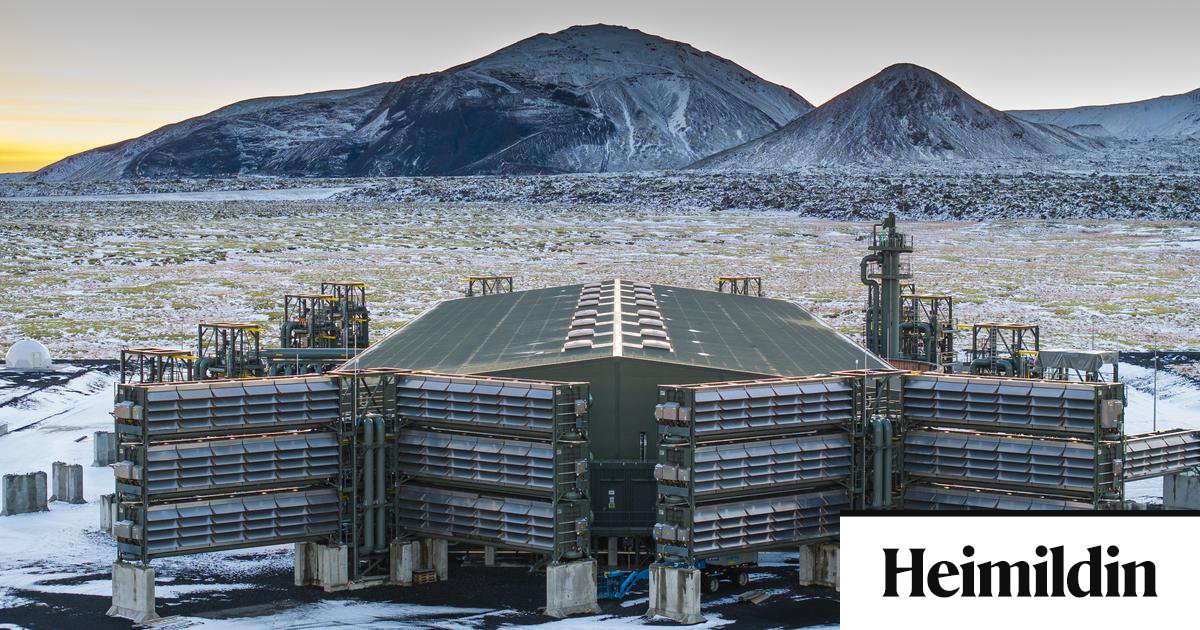Get the latest Science News and Discoveries
Vegan and omnivore diets in relation to nutrient intake and greenhouse gas emissions in Iceland
Plant-rich diets have gained recognition for their environmental sustainability. However, relatively few studies have compared dietary habits of vegans and omnivores in terms of compliance with nutritional recommendations and dietary greenhouse gas (GHG) emissions, which this study aimed to assess. We used data on 651 omnivores and 68 vegans from the Icelandic National Dietary Survey (2019–2021) and a comparable survey on vegans (2022–2023), respectively. The median dietary GHG emissions was substantially lower among vegans than omnivores (2.6 vs. 5.3 kg CO2-eq/day). Compared to omnivores, vegans had a proportionally higher intake of energy from carbohydrates (48% vs. 39%) but a lower intake from fat (35% vs. 40%) and proteins (12% vs. 18%). More vegans compared to omnivores fell within the dietary recommendations for fiber (74% vs. 8%) and saturated fat (56% vs. 7%) while vegans were less likely to have protein intake in line with the recommended ≥ 0.83 g/kg body weight (52% vs. 79%). Despite frequent use of dietary food supplements among vegans (97%) and omnivores (72%) the prevalence of those reaching the recommended intake of iodine, calcium and vitamin D, was low (40–60%) in both groups. In conclusion, vegans were overall more compliant with macronutrient recommendations and had substantially lower dietary GHG emissions compared to omnivores. In terms of meeting dietary recommendations, room for improvements was observed in both groups.
None
Or read this on r/EverythingScience

